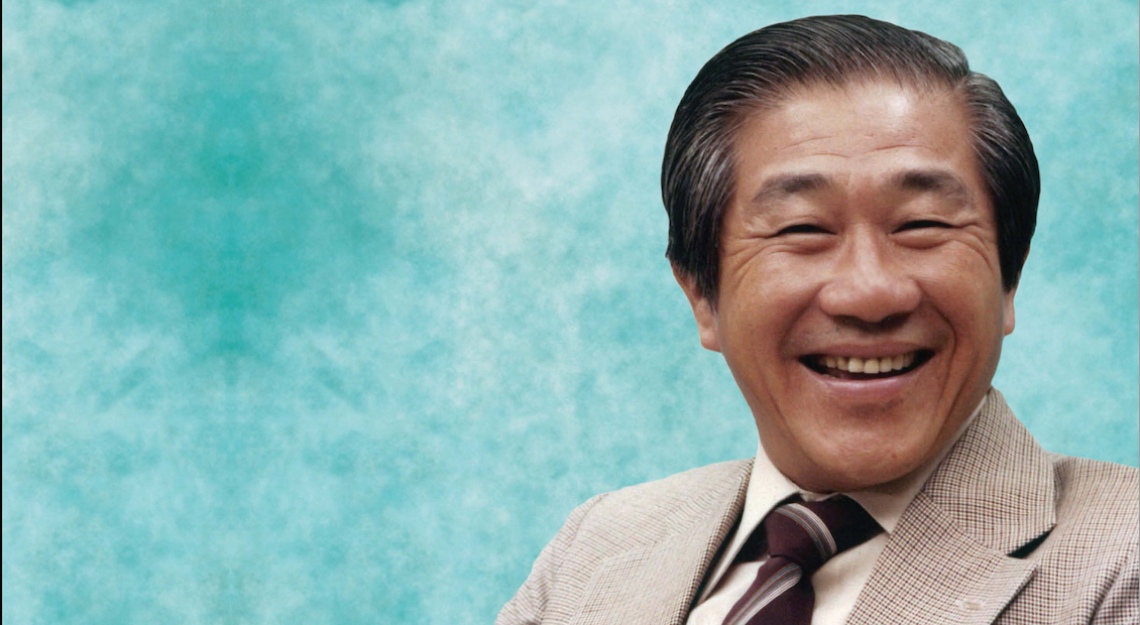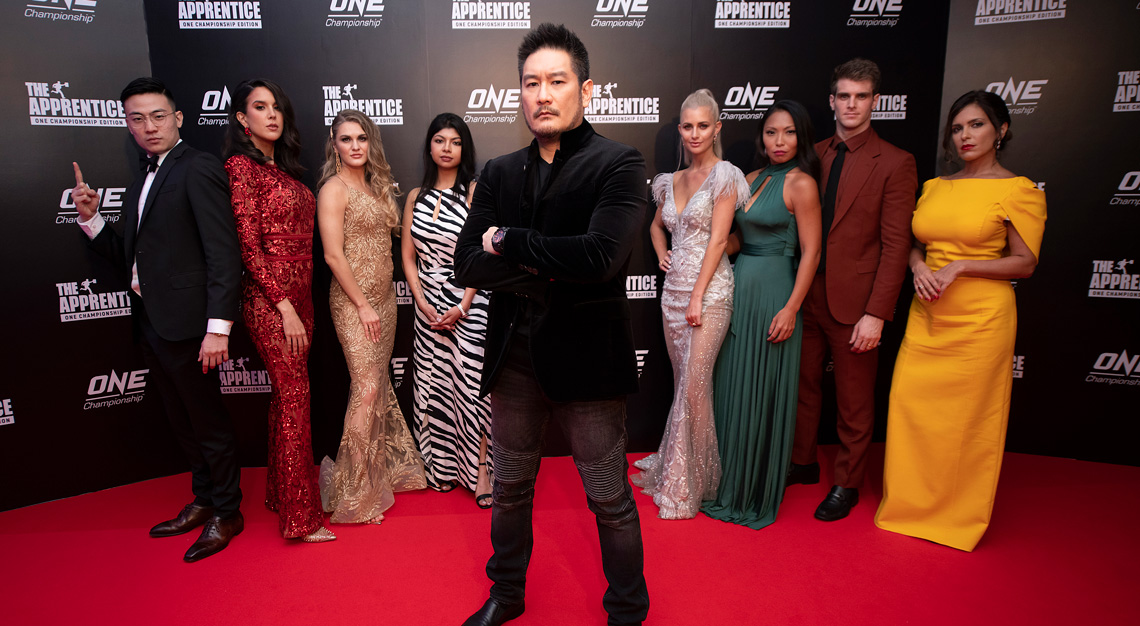The book was co-authored by his granddaughter, Leanne Sim, and includes a foreword from prime minister Lee Hsien Loong himself
Few Singaporeans know of a man named Sim Kee Boon. In fact, he was a mystery even to his family. They may call him father or “kung kung” for grandfather, but behind those familial terms was a man who appeared detached from home life.
Kee Boon passed way in 2007. Prime Minister Lee Hsien Loong, the late Minister Mentor Lee Kuan Yew and former President SR Nathan all turned up to pay respects at his wake, as did numerous ex-colleagues and employees. His youngest son, surprised by the turnout, asked, “Who is this man everyone is speaking of? We are just learning about him now.”
Unbeknownst to the family, for all the time that he spent in the office to the detriment of his home life, Kee Boon had left an indelible mark on Singapore’s history. In our nation’s development, he was a visionary, a trailblazer, and an unsung hero. To those who had worked with him, he was a respected mentor.
It was Kee Boon’s eldest son, Peter Sim, who came up with the idea of writing a book about his father two years after his death. Leanne Sim, Peter’s eldest daughter, took it upon herself to fulfil her father’s wish. Sim Kee Boon: The Businessman Bureaucrat was an undertaking that would take more than a decade to bring to life, and only after co-author Low Shi Ping was brought on board.
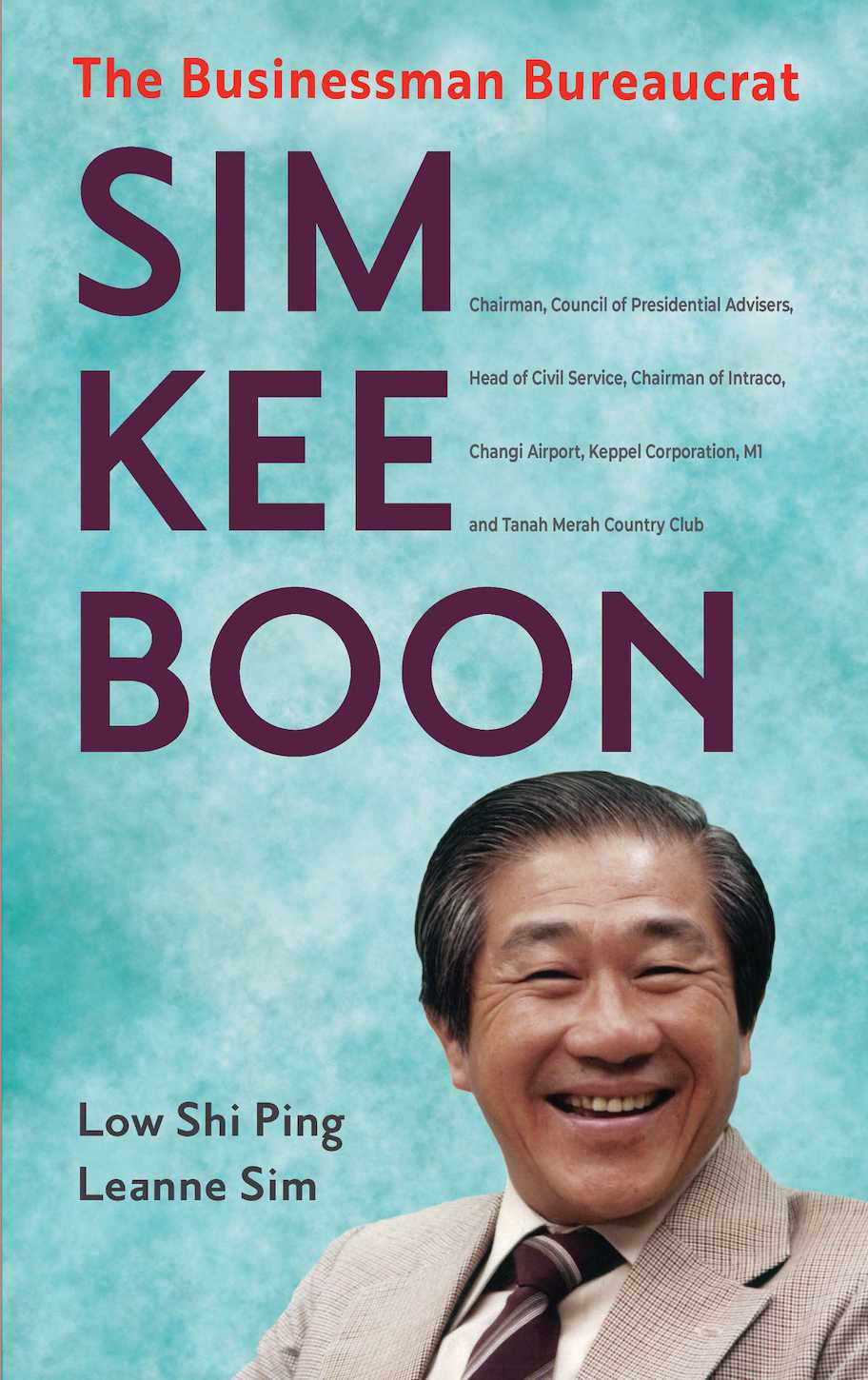
In the foreword he wrote for the book, Prime Minister Lee mentions Sim’s many contributions to Singapore in his long tenure as a civil servant between 1953 and 1984. He was a key figure in the building and development of Changi Airport and Lee Kuan Yew’s trusted companion during negotiations with the British on the terms of Singapore’s merger with Malaysia. Outside of government office, he joined Keppel corporation as executive chairman in 1984, and was credited with transforming the shipyard from a firm heavily weighed down by debt into one of our nation’s leading conglomerates. He was also a keen golfer, and was the founding chairman of Tanah Merah Country Club.
“Because my grandfather spent more time at work or on the golf course than at home, many life lessons were imparted to his staff and colleagues rather than to his family. Sometimes, I felt overtures of jealousy when I heard of the mentorship and lessons that other people had received and my family and I didn’t,” Leanne confesses.
But as she found out more about her grandfather, she also found mental clarity. ”I began to realise that it would be short-sighted of me to view kung kung merely through his relationship with his family and, likewise, try to make sense of him purely from his interactions at work. He was a working family man and with that came responsibilities to the wider community,” she writes in the book.
“Everyone is the sum total of all the different roles he or she plays in society and, in kung kung’s case, being a father and grandfather were just two of them. As his family members, we tended to forget that.”
We speak to Leanne and Shi Ping, who share more about the book and the man.

Leanne, this biography was many years in the making. What significance does its completion have for you as well as your family?
Leanne Sim (LS): It is very cathartic, because during the process of writing the book, my family had to unearth emotions and memories that they had kept buried for years. My father had many moments of intense emotions as he recalled his childhood when I interviewed him for the book.
I think my grandfather’s life serves as a reminder that while work and the roles we play in society are important, we must also not neglect the role we play as parents to our children.
Now that the book is finished, I can pass it down to my children and my future grandchildren so that they can remember the great sacrifices that were made for the country and the family, remember the source of water they drink from, and be grateful.
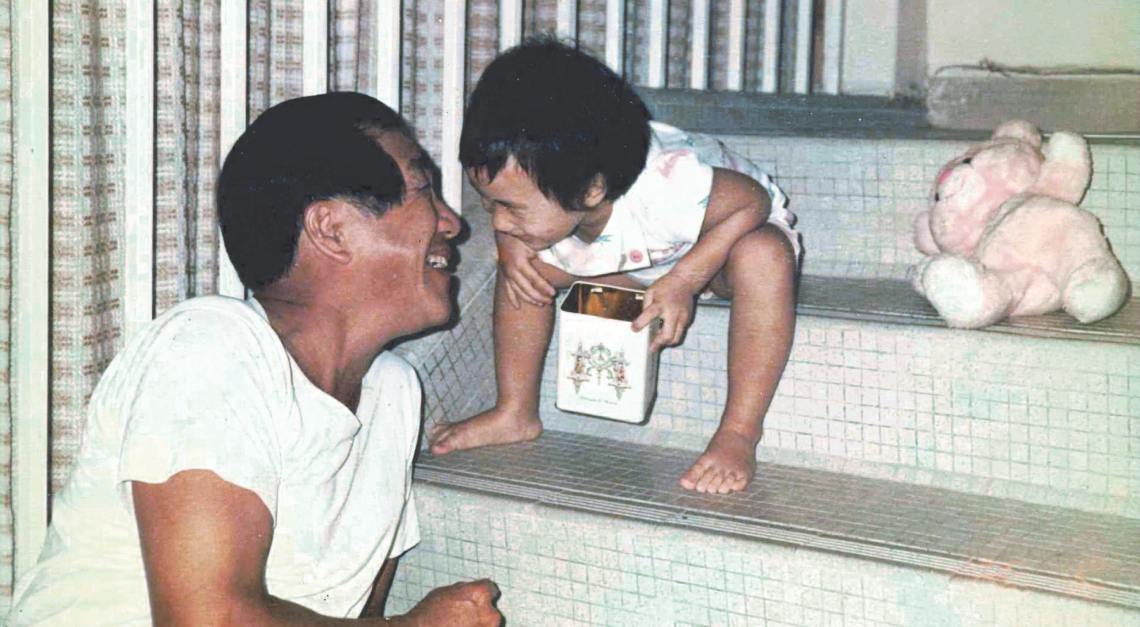
What was the most challenging part of writing this biography?
LS: Definitely interviewing my father. In a way, it was a form of therapy for him because he had to revisit his childhood and pull out memories that were locked away for years. It was very uncomfortable for me because I was playing many roles: daughter, writer, interviewer and de facto therapist.
There were a lot of tears during the writing process and a lot of trepidation leading up to the publication of the book. My biggest triumph was when we launched the book and my father said he was proud of me.
Low Shi Ping (SP): Interviewing 47 personalities and turning all content that into a compelling page-turner for people of every age and walk of life. I wanted very much for the book to be read by all—not just those who knew him, but also those who did not, especially young and future generations of Singaporeans.
I imagine that you must have felt a responsibility to do justice to Kee Boon’s life and achievements.
LS: Yes, apart from family stories, this book is also a repository of all those stories that his co-workers and friends have shared so that my children and their children can learn from them as well.
The more I learn of his leadership and working style, the prouder I am to be a Sim. I come from a heritage of hard workers who never leave the job half done and above all, have integrity. Integrity is doing the right thing even when no one is watching. I am proud that my grandfather embodied that and I hope that my children learn that too.
Please share the most memorable thing someone has said about Kee Boon.
LS: In the book, we share the story of how my grandfather [chided] a member at Tanah Merah Country Club for berating a staff member loudly. Mohammad Hussain, the golf marshal, shared this story with so much emotion, I could see his eyes welling with tears.
It’s so easy for people in powerful positions to get caught up and lost in their own world, but my grandfather never lost touch with his roots. He treated everyone the same. He made sure that the club kept him updated on staff members getting married and having children, and even who was sick or has passed away.
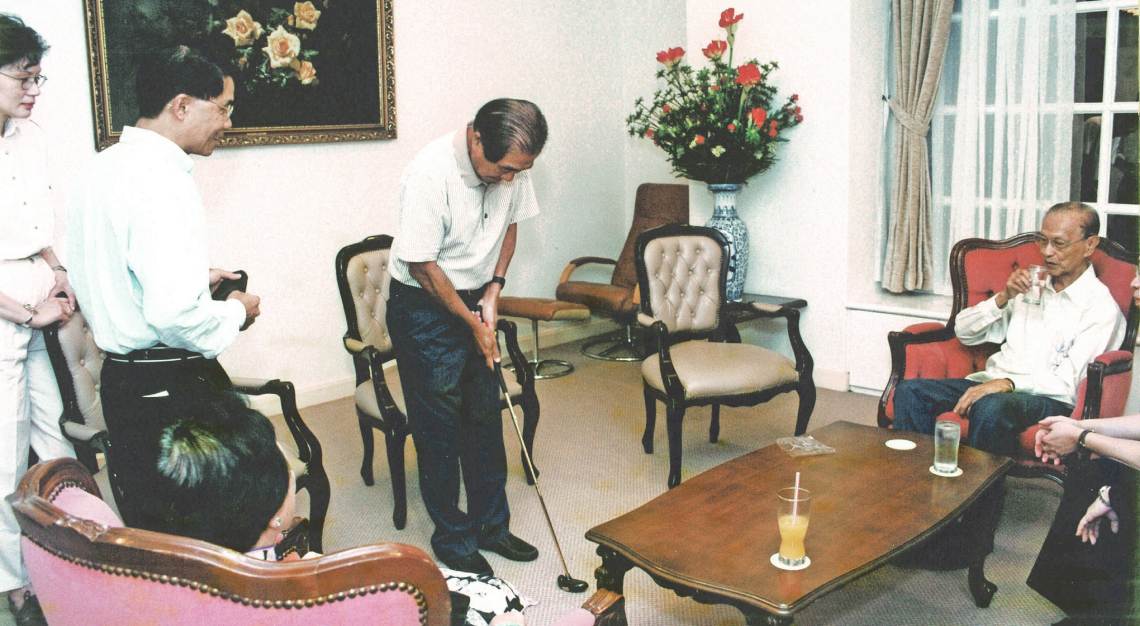
Why do you think this book is a worthwhile read for Singaporeans?
LS: My family’s story is just one of millions upon millions of stories that make up the vibrant tapestry of this nation. I hope that those who choose to read the book are inspired to find out more about their own families.
So many Singaporeans do not know anything about our past. That is sad. We are the living embodiment of the dreams of many of our ancestors. The lives we live are the lives they hoped to have. We must be grateful for that because without their hard work and sacrifice, we are nothing.
SP: At a national level, it will help Singaporeans better understand Singapore’s journey and how it got to where it is today. The success of the country is owed to Kee Boon and his peers, the sentinels who preferred to stand in the shadows but bravely bore the burden of the challenges of a young nation with no resources.
But there is a more poignant lesson here: to get to know your elders before it is too late. Leanne wrote this book 14 years after her grandfather passed on and could only rely on her own (sometimes hazy) memories and that of her family members and family friends.
Robb Tip: Sim Kee Boon: The Businessman Bureaucrat is available at select bookstores, including Epigram and Kinokuniya.
